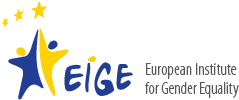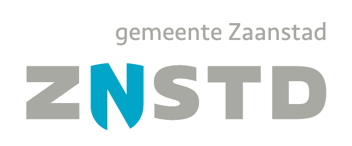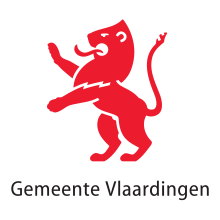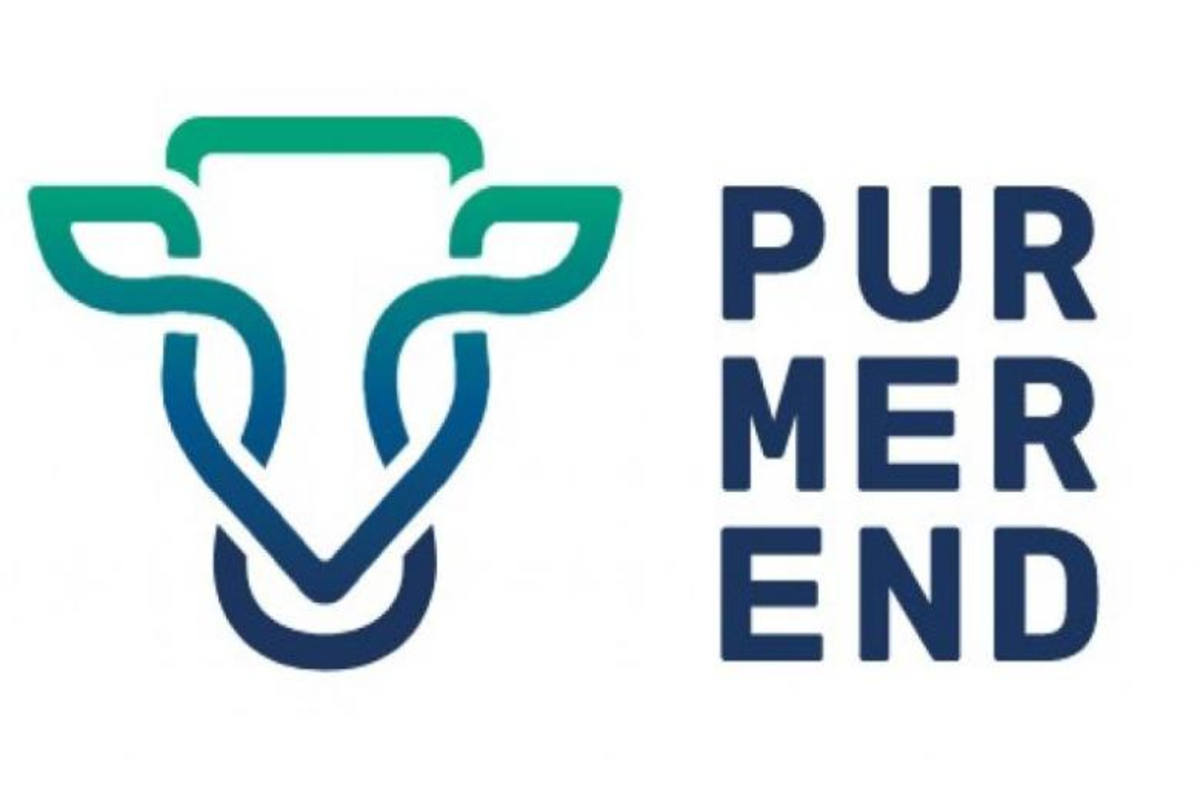City councillors, politicians and civil servants are aware that their job is to make policies and provide services that promote gender equality. Without knowing how policies and services could be gender-biased, the policies they make and services they provide may end up perpetuating gender imbalances.
Take for example the former city councillor I recently met who now lives in poverty. As a single mother she tried to combine the care of her elderly mother and her depressed 21-year old daughter with a part-time job. The pressures on her time were too high. She stopped working and has been living on social benefits for years. The prospect of getting back into the labour market dwindle with each year she spends as an unpaid carer. She cannot afford to maintain her friendships – she has no money for cafes and lunches. The network of people supporting her is also dwindling.
Another example. 30 percent of refugees divorce. Yet in my experience, when employment mediation services facilitate refugee families to find work, it is the father that is mediated.
Any policy relating to social isolation, employment, care, should be taking her into account, but doesn’t.
Help is at hand
Publications from the European Institute for Gender Equality are designed to support local and national governments in undertaking programs to bring about gender equality. In December 2018 EIGE published four new briefing papers. They provide detailed explanations of gender mainstreaming methods and tools. Netsheila played a key role in developing these publications.
This 10-page document looks at the current situation of women and men in society through the collection of data. It looks at the reasons behind existing inequalities. It examines the allocation of resources between women and men and the different barriers they face in their everyday lives.
Is your city planning changes, for example in infrastructure? This document acknowledges that women and men have different needs and that policies and budgets should to be planned accordingly. For example rectifying the fact that the public transport routes most commonly taken by women are often the most unreliable and most likely to be discontinued.
Gender stakeholder consultation
Your greatest source of knowledge is your own citizens. This document indicates how to put citizens at the heart of policymaking. Hearing first-hand how policies impact women and men differently helps policymakers design gender-sensitive legislation and enhances accountability. For example, many fishing companies are represented by men, but women fulfil unpaid roles in the industry. Their experience should be included in policy-making processes.
indicates how to put citizens at the heart of policymaking. Hearing first-hand how policies impact women and men differently helps policymakers design gender-sensitive legislation and enhances accountability. For example, many fishing companies are represented by men, but women fulfil unpaid roles in the industry. Their experience should be included in policy-making processes.
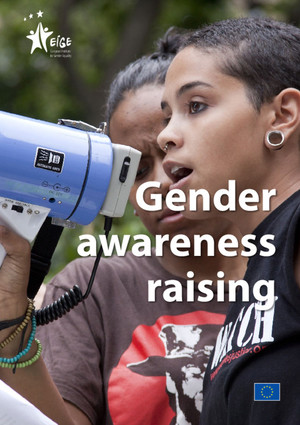
Fools rush in where angels dare to tread. Nothing works like evidence to build public support and political will for gender-equality initiatives. For example highlighting the fact that improving gender equality in the EU could lead to an increase in GDP of up to €3.15 trillion by 2050.
Netsheila has resources
Netsheila and partner OQ Consulting teamed up to provide EIGE with much of the data needed to produce these publications. Netsheila’s Lin McDevitt-Pugh managed the process of finding experts who reviewed a wide variety of issues. These include sport, poverty, fisheries, employment, culture, climate change, agriculture and rural development.
The Netsheila team is ready to support your municipality to take gender into account. You can truly promote gender equality. We can do this anywhere in Europe.
Our clients









